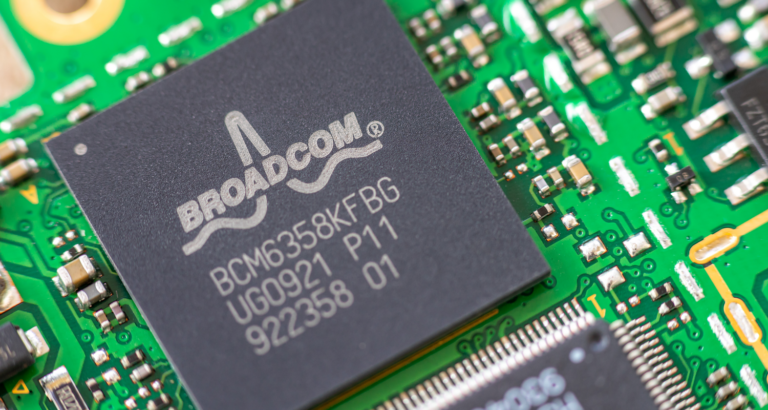Broadcom introduced four chips for Wi-Fi 7 access points. According to the organisation, the chips deliver twice the speed of current Wi-Fi 6 and 6E access points.
Every new Wi-Fi protocol is tested and certified by the Wi-Fi Alliance. The interest group has hundreds of members, including the world’s largest technology companies. They are the ones putting Wi-Fi on offer, in the form of devices, access points and switches. As such, they must be able to work with a new protocol — otherwise, the technology never reaches the market.
The most recent certification is Wi-Fi 6E. Although we might be years away from an official Wi-Fi 7 release, Broadcom announced four chips for Wi-Fi 7 access points and one chip for mobile handsets.
How?
As mentioned earlier, Wi-Fi 7 is yet to be certified. Regardless, Broadcom had a foundation to build on. The chips are based on a concept.
In 2020, The Institute of Electrical and Electronic Engineers (IEEE) published a proposal for the next network protocol. Almost every official WiFi protocol starts with a proposal from the IEEE. There is no guarantee that the most recent proposal will end up certified, but odds are it will.
Broadcom has faith, as illustrated by today’s launch. The manufacturer used the IEEE’s concept as the basis for four of the world’s first Wi-Fi 7 chips.
Wi-Fi 7 access points
According to Broadcom, the chips allow manufacturers to produce access points that perform twice as fast as current models.
Among the introductions is the BCM67263. Broadcom designed the BCM67263 for access points in residential buildings. The chip supports four Wi-Fi 7 streams on the 6GHz band. According to Broadcom, the PHY rate peaks at 11.5 Gbps.
The other chips are similar to the BCM67263. Specifications differ, but each chip was designed for access points. The BCM4389 is an exception to the rule: this chip is intended for mobile handsets. The introductions are available on-demand starting today.
